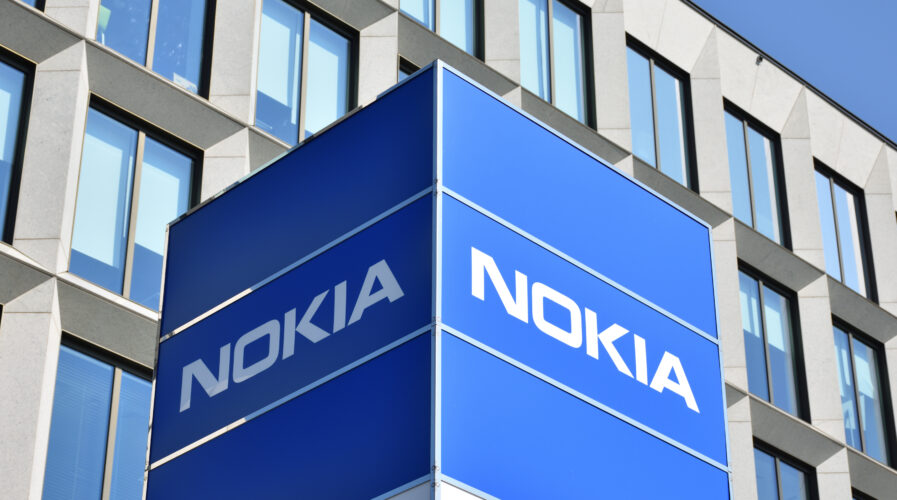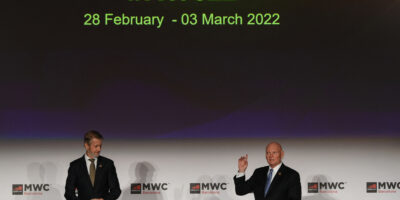
(Source – Shutterstock)
Nokia creates the perfect pint with 5G technology
The world continues to witness more innovations and uses cases leveraging 5G technology. As 5G continues to be adopted by more enterprises, some of the use cases being enabled have not only improved products and services but revolutionized certain processes as well.
Digital twin technology has enhanced a lot in recent times as 5G technology has improved the latency between sensors to ensure more accurate readings on digital twins. While digital twins were only found in manufacturing hubs and the oil and gas industry initially, the use cases have now expanded to other industries as well.
For instance in Australia, Nokia and the University of Technology Sydney (UTS) have announced the successful operation of the world’s first private wireless and 5G connected digital microbrewery. The state-of-the-art facility forms part of UTS’s Industry 4.0 research site and enables thirsty researchers to perfect the art of brewing in the twenty-first century using digital automation.
Utilizing a cloud-based digital twin of an actual brewery to optimize the brewing process, UTS’s Industry 4.0 Nano-Brewery, is part of its new Advanced Manufacturing and Industrial Data Science testbed developed at the UTS Tech Lab.
The Nano-Brewery forms part of an international production network, with an identical physical twin set up at TU Dortmund University in Germany. The 5G connected brewery captures and monitors production data at every step of the brewing process and uses this data, together with data from the physical twin in Dortmund and a digital twin in the cloud, to optimize the process.
The 5G connectivity is provided by Nokia’s FastMile 5G Gateways connected to a campus-wide Nokia Digital Automation Cloud 5G Standalone private wireless network. The 5G private wireless network is delivered using multiple Nokia AirScale Indoor Radio (ASiR) small cells positioned throughout the UTS Tech Lab campus.
The private wireless 5G network forms part of the on-site Nokia 5G Futures Lab, which opened in November 2021 and is already being used to support other Industry 4.0 projects within Tech Lab such as the Australian Government funded Nokia/UTS 5G Connected Cobots project.
According to Professor Jochen Deuse, Director of Centre for Advanced Manufacturing at UTS, the goal is to promote Industry 4.0 principles to local industry by offering a testbed that gives partners the keys to improve their own manufacturing processes and gain business intelligence.
“Our international collaboration with TU Dortmund and Nokia allows us to globalize the outcomes of our testbed,” commented Professor Deuse.
For Tommi Uitto, president of Mobile Networks at Nokia, “UTS’s Industry 4.0 facility is an exciting environment for developing and testing new 5G technology use cases.
“In the digital microbrewery, we showcase how 5G private wireless networks and cloud-based technologies help optimize the brewing process and move ever closer to achieving the perfect pint,” added Uitto.
The 5G Futures lab continues to investigate the application of 5G and 6G in cybersecurity, advanced antenna and mmWave technologies, virtual and augmented reality, data science and AI. Projects are also focused on the potential of 5G and 6G to advance Industry 4.0 and provide new Internet of Energy capabilities across smart grid, energy storage and wireless power transfer.
READ MORE
- Ethical AI: The renewed importance of safeguarding data and customer privacy in Generative AI applications
- How Japan balances AI-driven opportunities with cybersecurity needs
- Deploying SASE: Benchmarking your approach
- Insurance everywhere all at once: the digital transformation of the APAC insurance industry
- Google parent Alphabet eyes HubSpot: A potential acquisition shaping the future of CRM


